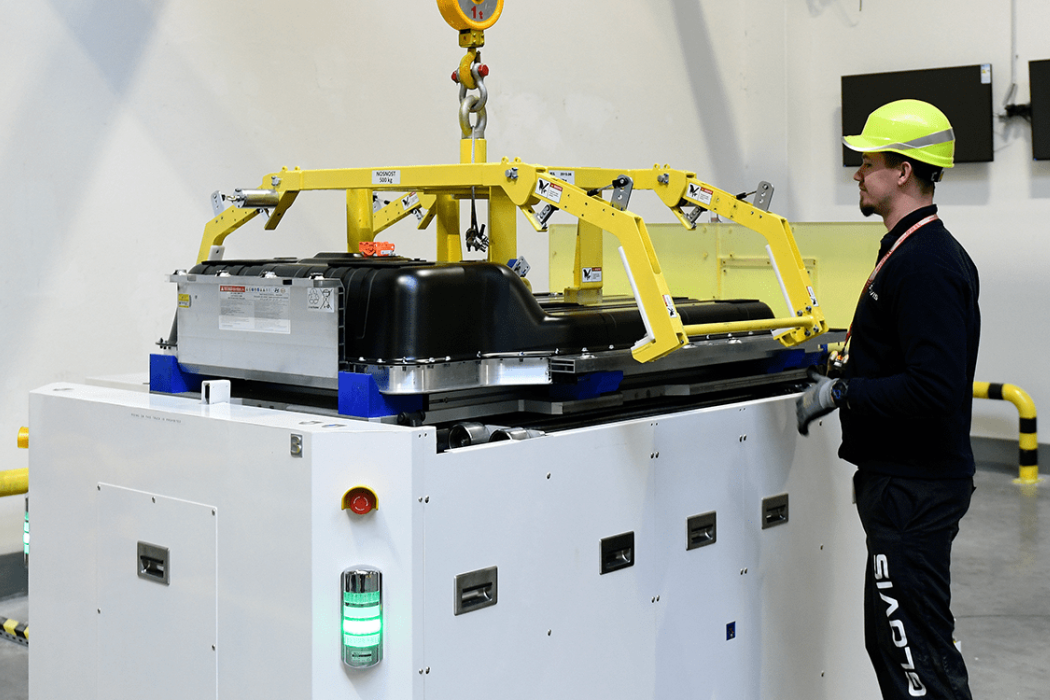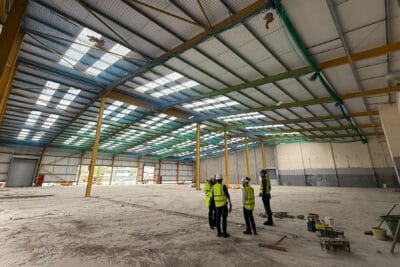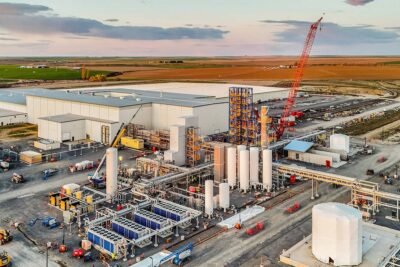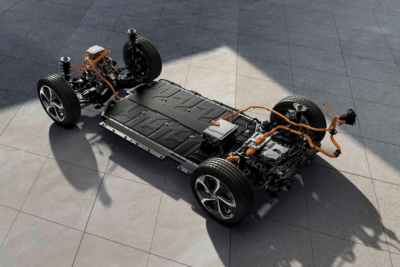Hyundai is planning its own LFP battery cells
According to the Korean media, the Hyundai Group is working on its own LFP battery cells for more cost-effective electric cars. A corresponding joint project with battery manufacturers from South Korea that began this year should be completed by the end of 2024.
The LFP batteries are to be installed in small and medium-sized electric cars from Hyundai and Kia from 2025, according to a report in the Korea Herald. The cheaper and more robust LFP cells are seen as the key to cheaper electric cars in the small car and compact segment. So far, China has dominated the market for the production of LFP cells. According to this latest report, the Hyundai Motor Group (HMG) wants to reduce its dependence on Chinese LFP batteries.
This is said to involve not only the joint development of LFP cells by HMG requirements, but the car manufacturer also wants to actively participate in the production of the cells. The development goal is an energy density of 300 Wh/kg and a voltage and capacity “at the level of high-quality nickel, manganese and cobalt (NCM) batteries.”
A Hyundai Motor Group official revealed, “We are looking into working with small battery makers as well as large companies (like LG Energy Solution, Samsung SDI and SK On) here in Korea.”
It has been clear since June at the latest that Hyundai managers are not only looking at the high-end segment when it comes to battery development. When HMG CEO Chang Jae-hoon presented the company’s billion-euro investment plan, he also stated that the company would jointly develop LFP, NCM and solid-state batteries “in coordination with battery manufacturers and academic institutions”. At that time, however, there was no mention of the company’s own or partial production.
In March 2023, there were already rumours of a Kia Ray EV e-minivan with LFP batteries. At that time, it was said the batteries would come from Chinese manufacturer CATL. The Niro EV from Hyundai subsidiary Kia already uses NMC cells from CATL. Hyundai has already purchased cells from the world market leader in China for the Chinese version of Kona Electric. Previously, the Hyundai Motor Group primarily used cells from South Korean manufacturers in its electric cars.
The Hyundai Group recently ordered battery cells for electric cars in Europe from 2026 from Samsung SDI for the first time, thereby expanding its supplier base, which previously consisted of LG Energy Solution and SK On. The batteries ordered from Samsung SDI are prismatic battery cells with NCA cathode chemistry and a silicon-based anode.





0 Comments